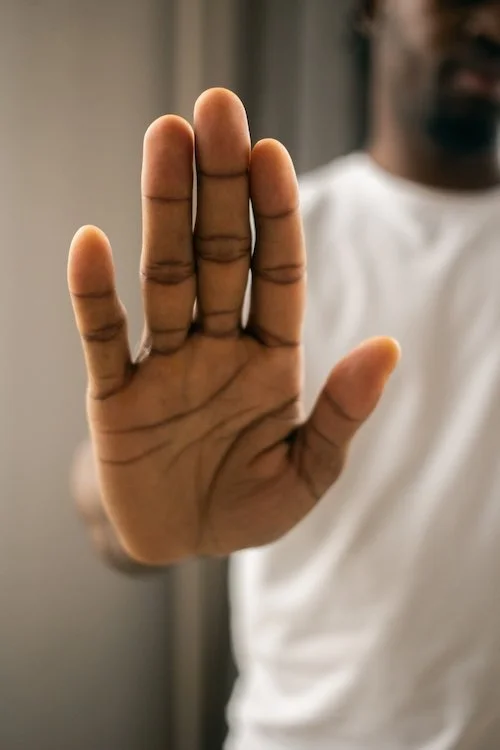Signs You’re Ignoring the Fact That You’re Depressed
Depression is a major mental health problem that affects almost 9 percent of adult Americans.
Everyone will experience anxiety, sadness, fatigue, and negative thoughts occasionally, which is normal. But is there more to your condition than just feeling blue? How do you identify the signs and tell if you could be suffering from depression?
Depression can make it challenging to go about daily life, maintain meaningful relationships, and feel good about yourself. And suppressing or downplaying your negative emotions will only make them worse.
Keep in mind that depression is a treatable condition. So, it is critical to acknowledge and address your symptoms as soon as possible.
Signs That You’re Ignoring Your Depression
We often fail to recognize depression symptoms in ourselves or ignore that we are depressed, probably because we have preconceptions about what depression looks like, such as sorrow and withdrawal.
However, depression has a far broader spectrum of symptoms than simply feeling sad, and it can show up emotionally, cognitively, physiologically, and socially, among other ways.
Inability to concentrate, perfectionism, sleep issues, and aches and pains are just some of them. so, here are five signs that you may be ignoring the fact that you’re depressed.
You Feel Stuck in Life
You may feel trapped in the same old habits that make you stagnant, exhausted, and unhappy. You might feel something important is missing from your personal life or career. Or you might struggle to see purpose in your life, feel hopeful about the future, or make and maintain close relationships.
Your mind may be telling you that you cannot change, that there’s nothing you can do about the situation, or that everyone else has had it better than you in some way.
You might also overthink how others see you because of your constant need to compare your life to theirs, leading to anxiety, unhappiness, and low self-esteem.
You’re Overwhelmed by Negative Thoughts
We quickly forget that our interpretation of reality, not reality itself, mainly influences how we feel, think, and behave. Your negative thoughts can affect how you feel about yourself and others.
At times, the voice of your inner critic is so loud that it causes you to become overcome with guilt, shame, and worthlessness. So, you may see yourself and other people and events as negative, flawed, and without any chance of improvement.
Because of this, everything may give the impression of being much worse than it actually is. This can make it difficult for you to feel good about yourself and others, significantly weakening your self-esteem and confidence.
To overcome negative thought patterns, you must first acknowledge them. Psychotherapy can help. Cognitive-behavioral therapy (CBT) is effective in assisting people in overcoming negative ideas by detecting thinking distortions.
You Let Loose Your Inner Joker
You are an outgoing person with a boisterous personality. People appreciate your company because you seem to relish being in the spotlight. However, even being in the company of people makes you feel lonely and isolated.
Maybe you’ve been taught to bottle it up and be brave, particularly if you identify as male. Unfortunately, traditional masculinity norms and the stigma attached to mental illness in our society may encourage you to minimize, reject, or repress the symptoms you’re experiencing.
But if you put on a happy face too often to cover for the hollowness and despair inside, it may aggravate your depression.
You Use Food or Substances to Numb the Pain
Using food or substances to cope with negative feelings may provide temporary relief, but it can ultimately worsen depression symptoms and lead to addiction, health problems, and other adverse outcomes.
You may, for instance, suffer from bulimia or other eating disorders that are brought on by depression. In this case, you need the help of a trained specialist to treat both of your conditions.
You Feel Angry All the Time
Everyone gets angry from time to time. However, we can experience anger as a substitute for other emotions that are too upsetting for us. For example, you may become furious to cover up feelings of sorrow, humiliation, or hurt.
Anger can be a sign of depression, particularly in men. When people are depressed, they may feel helpless, hopeless, and frustrated, which can manifest as irritability and anger. However, the anger that results from depression is often short-lived and doesn’t provide lasting relief.
It’s essential to address both anger and depression and get the right help for each. This may involve counseling and psychotherapy, medication, lifestyle changes, or a combination of these approaches.
If you are struggling with depression, it is important to recognize your symptoms, no matter how insignificant they seem, and get help from a mental health professional who can help you create a personalized treatment plan.
To find out more about our services, click here: depression treatment.


